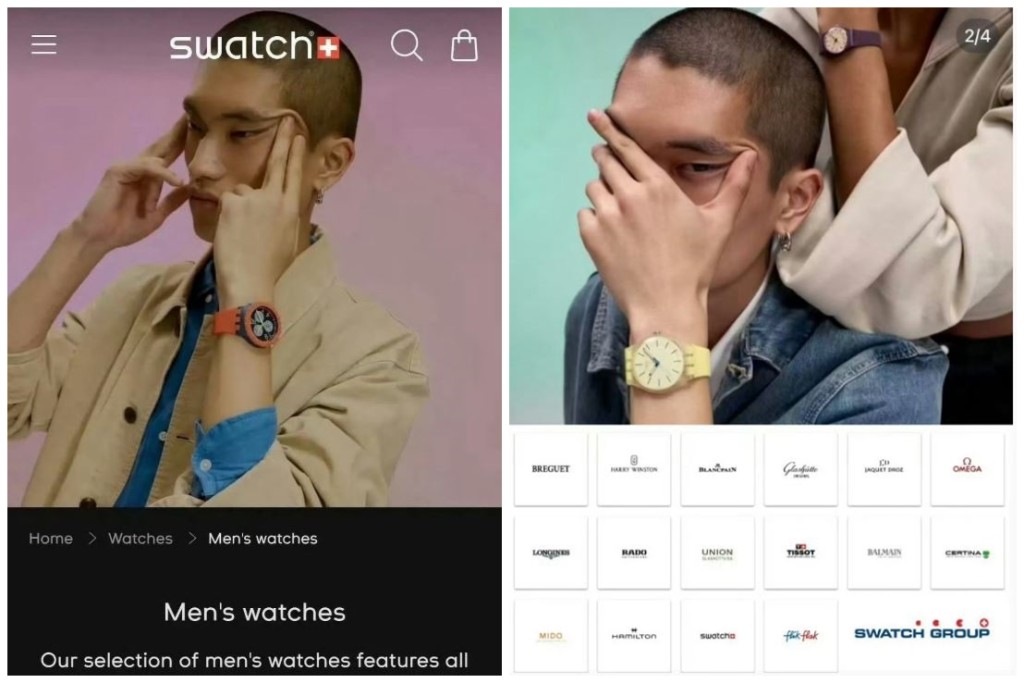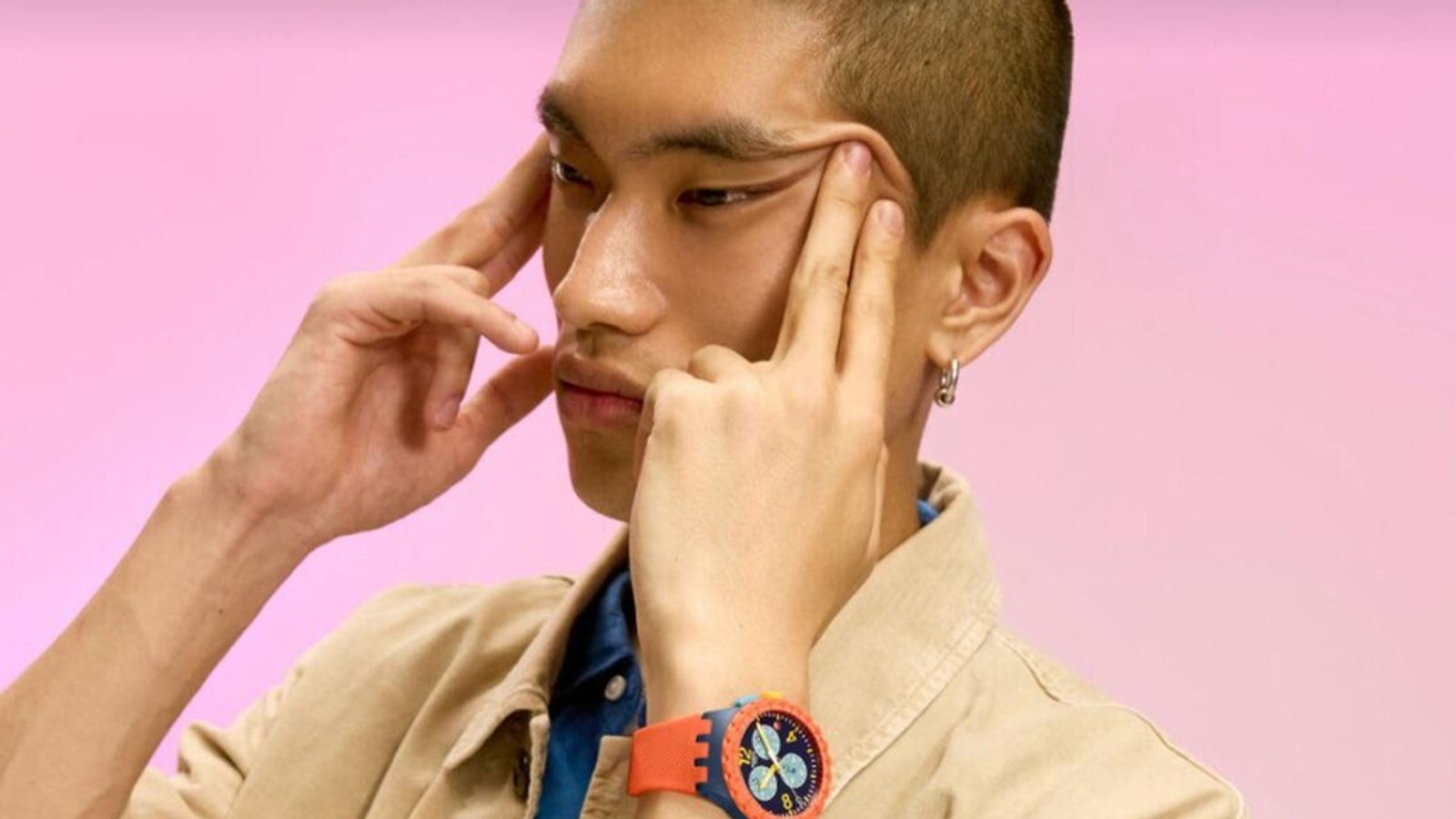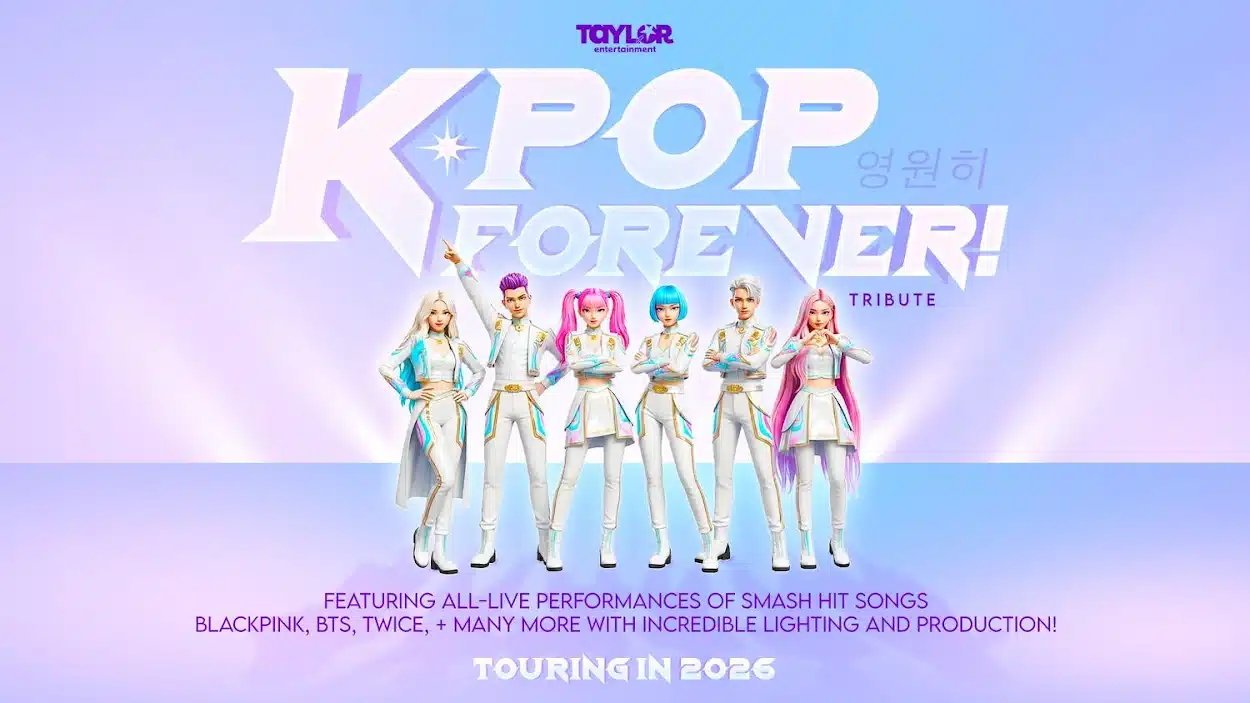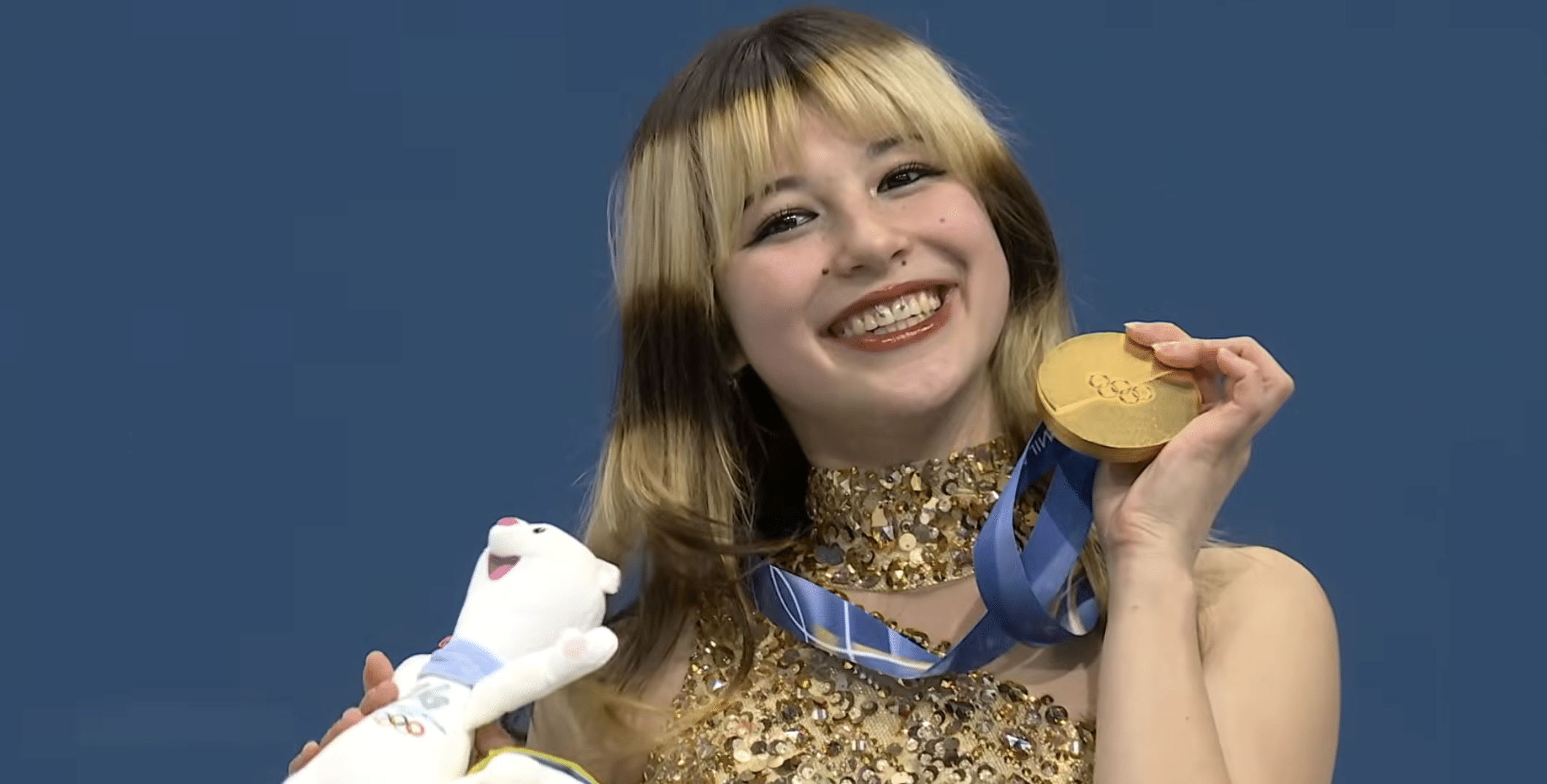Watchmaker Swatch has come under fire in Asia after an ad campaign showed an Asian male model pulling his eyes back into a “slanted” shape – a gesture long associated with racist caricatures.
The images, part of the Swatch Essentials collection, quickly drew backlash online, especially in China, where critics said the pose echoed offensive taunts often used against East Asians.
Responding to the uproar, the Swiss brand issued apologies in both English and Chinese across Weibo and Instagram, stating it had “taken note of the recent concerns” and pulled the ads globally.
“We sincerely apologise for any distress or misunderstanding this may have caused,” Swatch said.

The controversy adds to the company’s woes. Swatch’s shares have fallen by over 50% since early 2023, and it now faces a steep 39% tariff on exports to the US. China, Hong Kong and Macau accounted for 27% of the group’s sales last year, making Asia one of its most critical markets.
But for many, the apology felt hollow. On Weibo, one user wrote: Swatch is “only afraid for its profits. You can apologise, but I will not forgive.” Another added, “They make money from us and still dare to discriminate against Chinese people. We would be spineless if we don’t boycott it out of China.”
The anger mirrors previous waves of consumer-led boycotts in China, where brands seen as disrespecting culture or national interests often face swift retaliation.
Read more: Nike Sues Edison Chen as CLOT Founder Doubles Down on Adidas Era
In 2021, H&M, Nike and Adidas were hit with nationwide boycotts after voicing concerns about alleged forced labour in Xinjiang. Last year, some called to boycott Japanese retailer Uniqlo after it said it did not source cotton from the region.
Luxury fashion has stumbled in China before too. In 2018, Dolce & Gabbana pulled products from e-commerce sites and cancelled a Shanghai fashion show after an ad campaign mocked Chinese dining habits, with critics saying it leaned on racist stereotypes.










